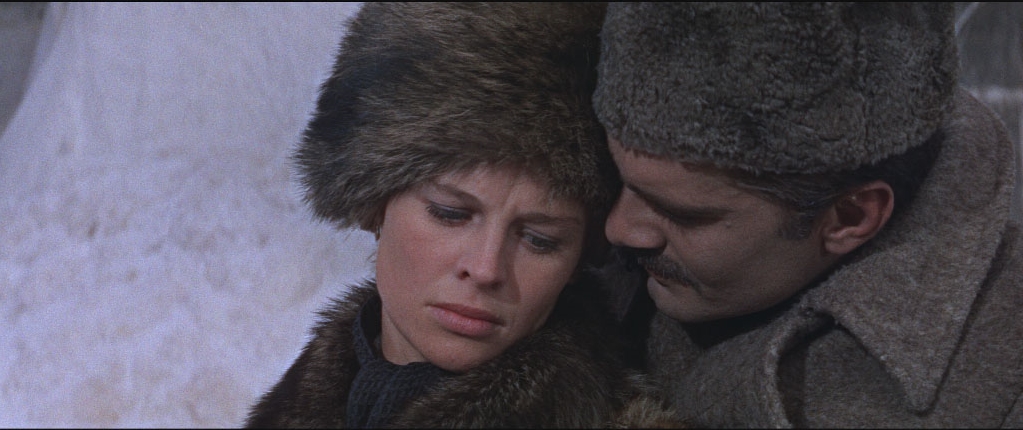Sarah Kidner was born in 1964. After much travelling, Sarah and her family moved to Ontario in 1969. Growing up in Toronto, Sarah was exposed to and inspired by many great art exhibitions from the Group of Seven to the French Impressionists. At the University of Toronto she studied history and philosophy. A love of skiing, hiking and travelling drew Sarah to Banff in 1987. Now living in Alberta with her twin boys, she finds the Rocky Mountains an ideal setting for creative inspiration.
Home » Tutti i post

Sarah Kidner, 1964 | Impressionist cityscape painter
.jpg)
La Plaza de España, Seville
Spain Square / The Plaza de España is a plaza located in the Parque de María Luisa (Maria Luisa Park), in Seville, Spain built in 1928 for the Ibero-American Exposition of 1929.
It is a landmark example of the Renaissance Revival style in Spanish architecture.
The Plaza de España, designed by Aníbal González, was a principal building built on the Maria Luisa Park's edge to showcase Spain's industry and technology exhibits. González combined a mix of 1920s Art Déco and 'mock Mudejar', and Neo-Mudéjar styles.
The Plaza de España complex is a huge half-circle with buildings continually running around the edge accessible over the moat by numerous bridges representing the four ancient kingdoms of Spain. In the centre is the Vicente Traver fountain. By the walls of the Plaza are many tiled alcoves, each representing a different province of Spain.

Omar Sharif: Doctor Zhivago star, dies at 83
Omar Sharif, the Egyptian matinee idol who enthralled audiences around the world with his performances in the sweeping David Lean epics Doctor Zhivago and Lawrence of Arabia, has died. He was 83.
Sharif, who also was known for playing the smooth gambler/con man Nicky Arnstein opposite Barbra Streisand in Funny Girl (1968) and its 1975 sequel, died of a heart attack this afternoon in a hospital in Cairo, his longtime agent Steve Kenis confirmed to The Hollywood Reporter. It was reported in May that Sharif had been battling Alzheimer's.

Hendrik Mesdag | The painter of Sea scenes
Hendrik Willem Mesdag, born in a wealthy Groningen family of bankers, worked in his father’s business till the age of thirty-five. After an inheritance of his wife, Sientje van Houten, had rendered him independent, he abandoned his secure position at his father’s bank and followed his artistic ambitions. During a four years stay in Brussels he served his apprenticeship with the famous landscapist Willem Roelofs and grew familiar with the art of the Barbizon School, sharing their fascination for working in the open air (En plein air).
After a stay on the German island Norderney in 1868, Mesdag got fascinated by the sea.

James Wilson Morrice | Post-Impressionist painter

Maurice Prendergast | Post-Impressionist painter
Maurice Brazil Prendergast (1858-1924) was born in Saint John's, Newfoundland, to a shopkeeper who moved the family to Boston in 1868.
He left school after only eight or nine years and went to work for a commercial art firm. He never married and throughout his life was accompanied and supported by his brother Charles, a gifted craftsman and artist in his own right.
According to Charles, Maurice always wanted to be an artist and spent every available moment sketching. In 1892, Maurice traveled to Paris, where he spent three years.

Seung Mo Park, 1969 | Wire Sculptor
South Korean artist Seung Mo Park 성 명 박 승 모 (朴勝模) creates gorgeous sculptures from tightly wrapped aluminium wire over fibreglass forms.
Park gained a Bachelor of Fine Arts from Dong A University in Busan, South Korea’s second largest city after Seoul.
Making up Park’s ‘Human’ series, the figures display painstaking attention to detail, from the bone structure and curves of the human bodies, to the delicate strands of hair and the folds and wrinkles of draped clothing.

Richard Stainthorp | Wire Figurative Sculptor
British sculptor Richard Stainthorp captures the beautiful energy and fluidity of the human body using wire. The life-sized sculptures feature both figures in motion and at rest, expressed in the form of large-gauged strands that are densely wrapped around and through one another. By doing this, he gives the work an undeniable presence. Stainthorp also allows the bent wires to shine by keeping their metallic appearance free from any obvious painting or additions.
Iscriviti a:
Post (Atom)



